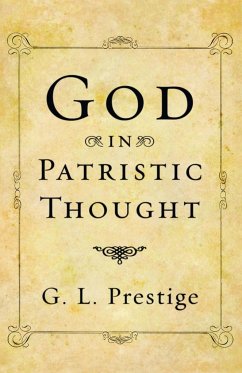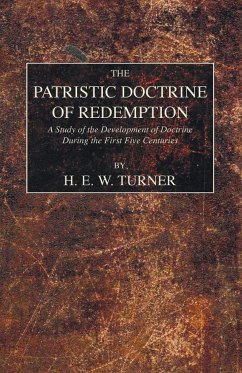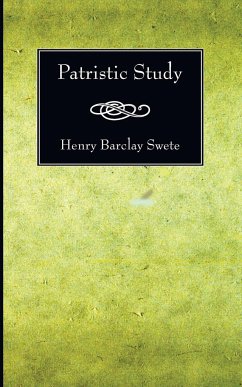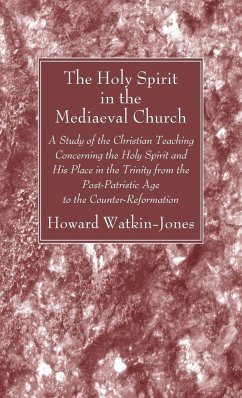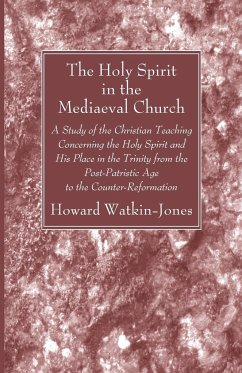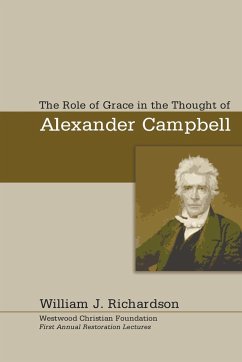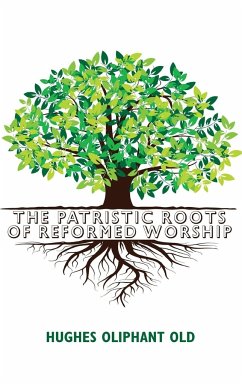This book assembles the evidence for what the Greek Fathers, the men whose contructive thought underlies the creeds, really thought and taught about the nature of God. It shows that they were original thinkers, with a profound reverence for the text of the Scriptures, and minds keenly tranined to discuss what ultimate truths were expressed in the scriptural text and what reality should be ascribed to Christian religious experience. The results indicate that a good deal which is assumed in current theological text-books needs to be revised. The Fathers had to reconcile monotheism with faith in a Trinity of divine Persons. In the process, they pursued many lines of inquiry, often only to discard them after trial, but after following various clues and making various intellectual adventures they reached a solution of the problem, which was both true to their data and philosophically reasonable. Though the bulk of the book is concerned with the third and fourth centuries, during which the creeds were in the process of formulation, the story is carried down to the eighth century where the progress of original thought came to a standstill. It is shown that a great change came over the philosophical tradition during the sixth century, and owing to the consequent growth of formalism, a genuine outbreak of tritheism occurred. The book ends with the account of how this outbreak was met and overcome, largely through the efforts of a thinker whose very name is unknown, and whose book has only survived under the name of another man.
Hinweis: Dieser Artikel kann nur an eine deutsche Lieferadresse ausgeliefert werden.
Hinweis: Dieser Artikel kann nur an eine deutsche Lieferadresse ausgeliefert werden.

